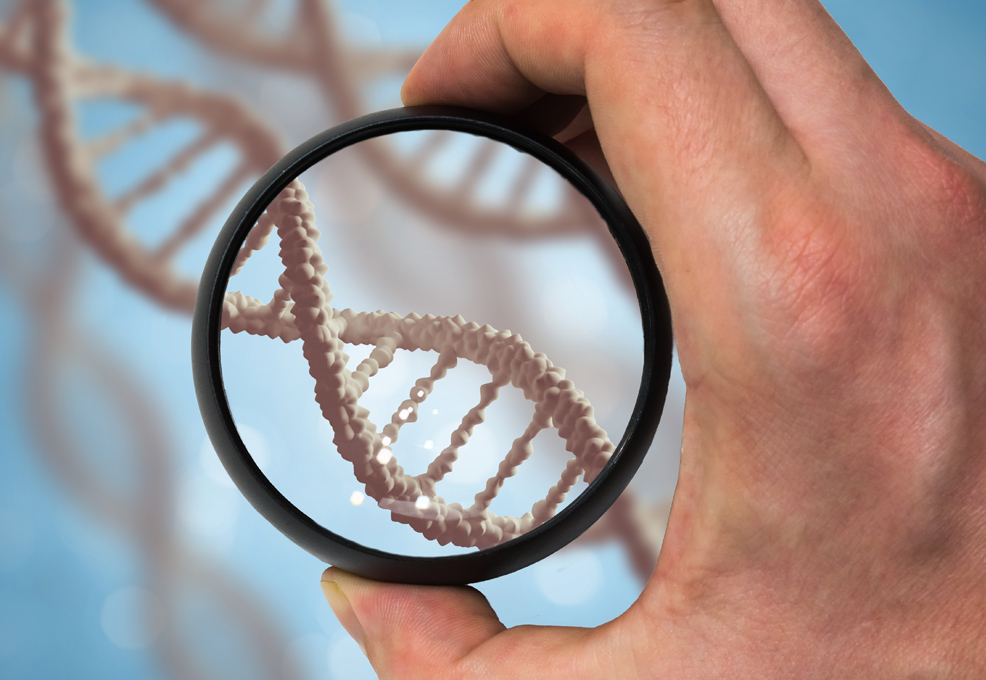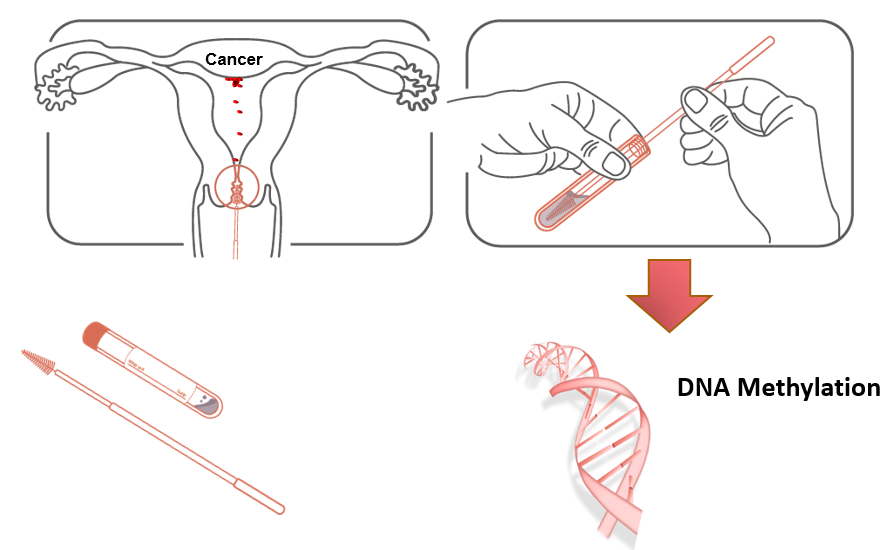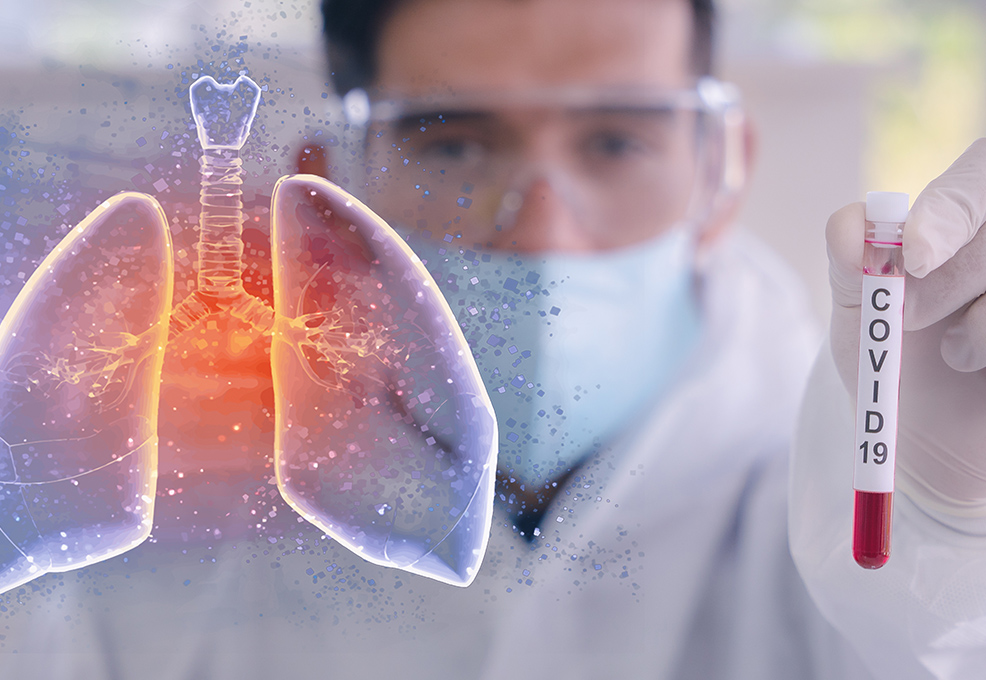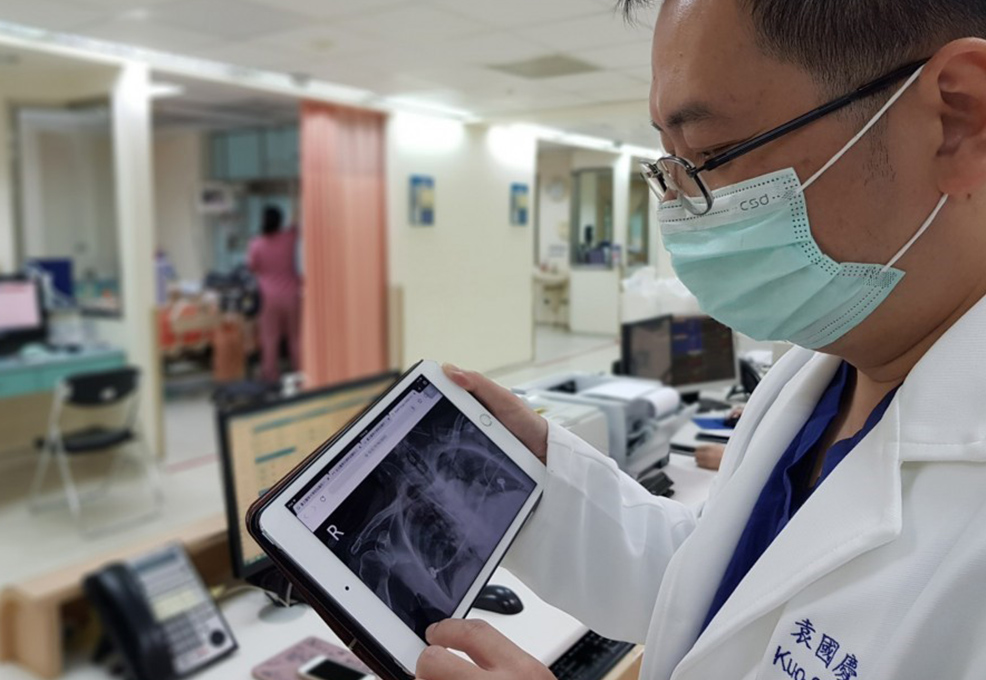EditCell Virology Platform to Develop Broad-Spectrum Antivirals against COVID-19

Author(s)
Hung-Cheng LaiBiography
Dr. Lai is a professor of Taipei Medical University. He is a gynecologic oncologist and leads a team for translational epigenetic research. He developed a TFDA-approved DNA methylation test (Cervi-M®) for cervical cancer screening. Recently, MPap® has provided a novel method for endometrial cancer detection. He co-founded a startup, Guzip Biomarker Inc.
Academy/University/Organization
Taipei Medical UniversitySource
Clinical Cancer Research: DOI: 10.1158/1078-0432.CCR-16-0863 Published January 2017
http://clincancerres.aacrjournals.org/content/23/1/263.long-
TAGS
-
Share this article
You are free to share this article under the Attribution 4.0 International license
- LIFE SCIENCES
- Text & Image
- September 25,2019
Diseases are a part of life. Getting sick is a normal process when aging. We are born with genes given by our parents. However, the secret of life does not rely solely on this original version. When destiny meets back luck, again and again, nurture effects become relics on genes. This revised version of the life book may end up with sickness like cancers. If diseases like cancer are inevitable, knowing them earlier rather than too late is the key to a happier life.
The interaction between genes and the environment is a driving force for chronic diseases. Environmental relics on genetics, termed epigenetics, become a hallmark of many diseases. A widely studied example is a kind of methylation molecule added to DNA sequences. The idea of molecular cancer screening using novel genes with more DNA methylation (hypermethylation) as surrogate markers is appealing. We developed a panel of DNA methylation markers, which can identify women with a high risk of uterine cancers. There are no ways of screening now. This invention has great promise for reducing invasive procedures and will change clinical practice.
Our translational epigenetic research using women cancers as a model proves the clinical success of this biological concept. More secrets of the intertwining destiny and back luck in many diseases are coming. Think about if something is inevitable and you can know it earlier, how different life will be.
Diseases are a part of life. Getting sick is a normal process when aging. Prevention may be helpful, but no one is completely immune to diseases. We are born with genes given by our parents. However, the secret of life does not rely solely on this original version. When destiny meets back luck, again and again, nurture effects become relics on genes. This revised version of the life book may end up with sickness like cancers. If diseases like cancer are inevitable, knowing about them earlier rather than too late is the key to a happier life.

STAY CONNECTED. SUBSCRIBE TO OUR NEWSLETTER.
Add your information below to receive daily updates.




